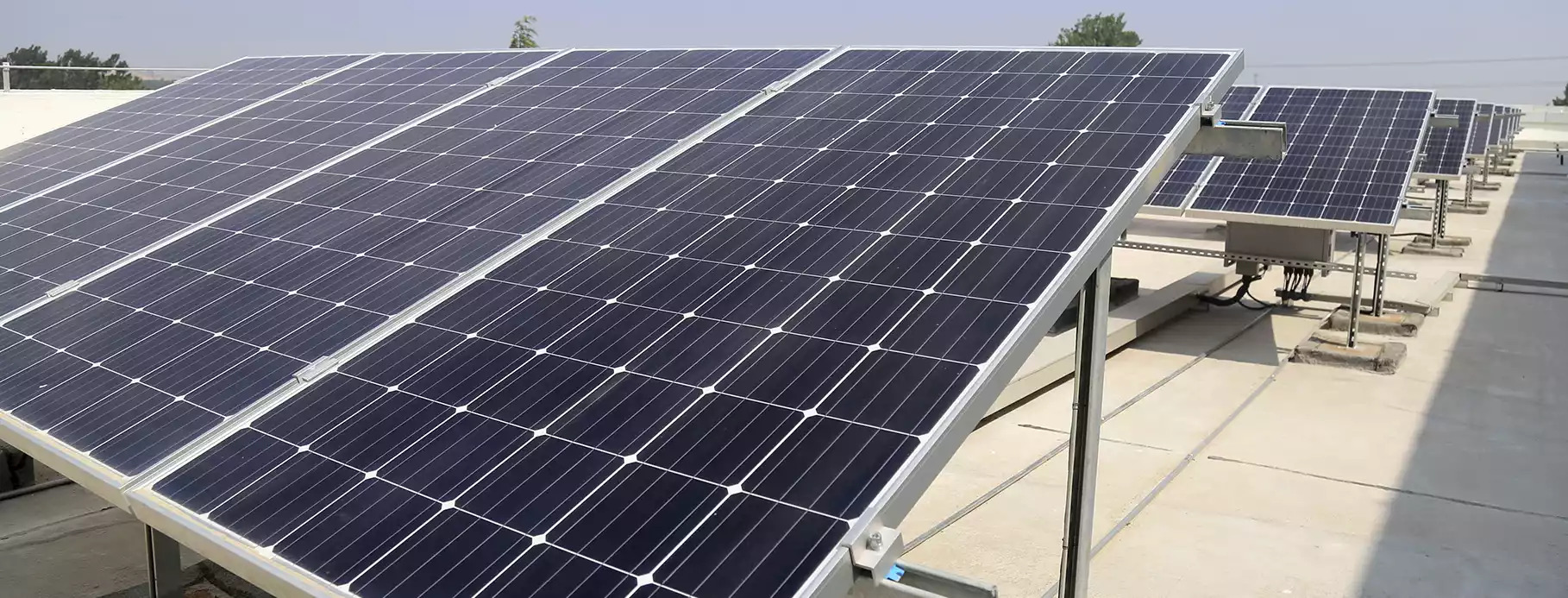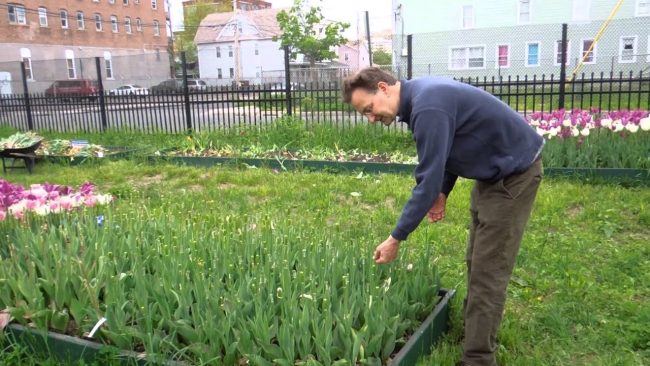
As the world increasingly seeks sustainable and eco-friendly solutions, the spotlight on renewable energy sources like solar power has intensified. Solar energy offers a promising alternative to traditional fossil fuels, providing clean and abundant energy from the sun’s rays. You can find information about home solar system costs on the Construction Review Online website. In recent years, the adoption of home solar systems has soared, driven by a combination of environmental consciousness, technological advancements, and financial incentives.
Benefits of Investing in Home Solar Systems
Investing in a home solar system offers numerous advantages beyond just reducing electricity bills. Firstly, it contributes to a greener planet by reducing carbon emissions and dependence on non-renewable energy sources. Additionally, homeowners can enjoy long-term cost savings as they generate their own electricity and potentially sell excess power back to the grid. Moreover, having a solar power system grants energy independence, shielding homeowners from fluctuating utility prices and power outages.
Factors Affecting Home Solar System Costs
The cost of installing a home solar system can vary widely depending on several factors. The size and capacity of the system, quality of components such as solar panels and inverters, installation complexity, and additional features like battery storage all influence the overall cost. Furthermore, government incentives, tax credits, and rebates can significantly offset initial expenses.
Initial Investment vs. Long-Term Savings
While the upfront cost of installing a solar system may seem daunting, it’s essential to consider the long-term savings and return on investment. Over time, the energy savings accrued from generating solar power can outweigh the initial investment, resulting in considerable financial benefits for homeowners.
Calculating the Cost of a Home Solar System
Estimating the cost of a home solar system involves considering various factors such as energy consumption, available sunlight, and system size. Online tools and resources provided by solar companies can help homeowners accurately assess their energy needs and calculate the potential costs and savings associated with solar energy.
Financing Options for Home Solar Systems
Fortunately, there are several financing options available to make solar energy more accessible to homeowners. These include purchasing the system outright, leasing arrangements, or opting for solar loans and financing programs tailored to accommodate different budget constraints.
Tips for Reducing Home Solar System Costs
Maximizing available incentives and rebates can significantly reduce the upfront costs of installing a solar system. Additionally, homeowners can explore DIY installation options to save on labor expenses, although professional installation is recommended for optimal performance and safety.
Case Studies: Real-Life Examples
Examining real-life case studies of homeowners who have invested in solar energy provides valuable insights into the costs and benefits of solar power systems. By analyzing their experiences, homeowners can gain a better understanding of the potential savings and return on investment associated with solar energy.
Common Misconceptions About Solar Energy Costs
Despite the numerous benefits of solar energy, there are still misconceptions surrounding its costs and affordability. Addressing concerns about upfront expenses, reliability, and maintenance costs can help dispel myths and encourage more individuals to explore solar energy options.
Future Trends in Solar Energy Costs
Technological advancements in solar panel manufacturing and energy storage solutions are continuously driving down the costs of solar energy systems. As these innovations become more widespread and affordable, the overall cost of adopting solar power is expected to decrease further, making it an even more attractive investment for homeowners.
Conclusion
Investing in solar energy through home solar systems offers a sustainable and cost-effective solution for reducing energy bills and environmental impact. By carefully assessing the costs and benefits, homeowners can make informed decisions that align with their budget and energy needs, ultimately contributing to a cleaner and greener future powered by the sun.


